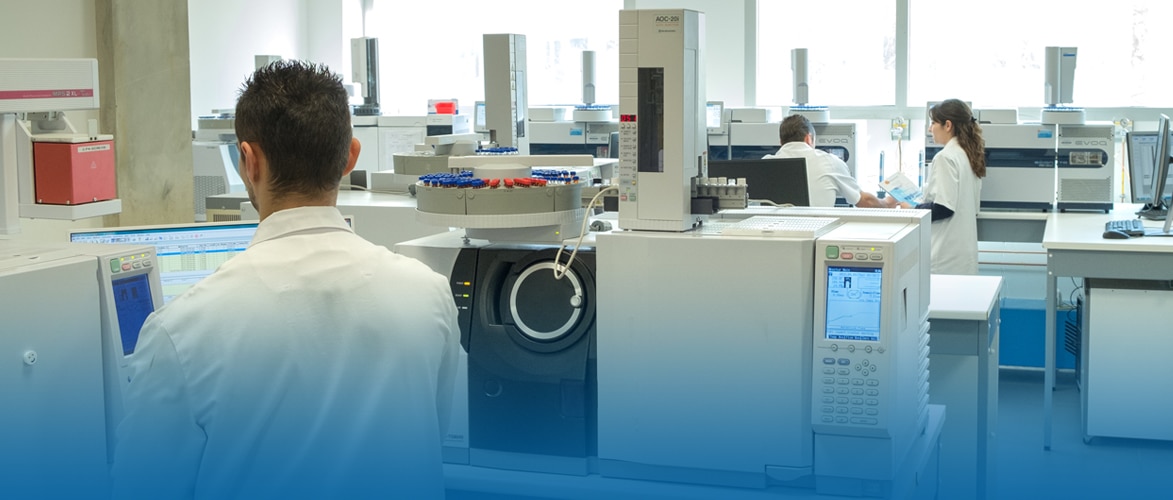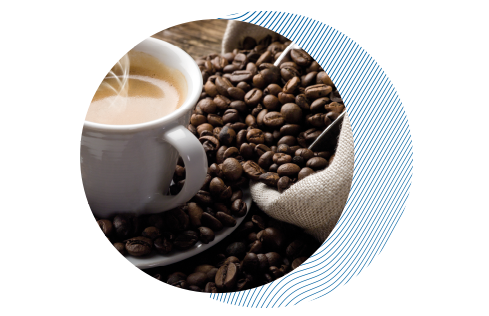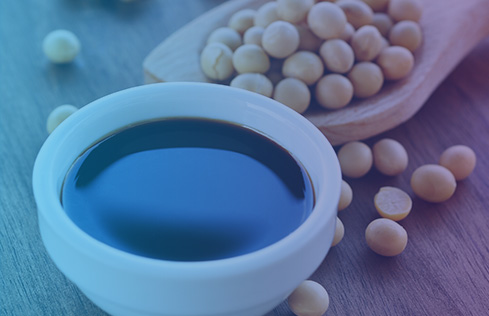Acrylamide
Acrylamide is a substance that forms naturally during cooking, during chemical reactions between amino acids and sugars in food, especially on starch-rich products:
- French fries
- Chips
- Biscuits
- Bread
- Coffee
- Preparations based on cereals
Phytocontrol has developed by UFLC/MS a new innovative, more robust, sensitive and rapid accredited method for acrylamide analysis. The method makes it possible to reach the limits of quantification meeting the indicative values set on foodstuffs and infant nutrition in the framework of the EU recommendation 2013/647 of 8 November 2013.
Commission Regulation (EU) No 2017/2158 of 20 November 2017 establishes mitigation measures and reference levels for the reduction of acrylamide in food.

Bisphenol A
The use of bisphenol A (BPA) as a monomer in the manufacture of plastic materials and articles is permitted by Regulation (EU) No 10/2011. However some restrictions apply, BPA is prohibited in the manufacture of polycarbonate baby bottles for infants.
Following the publication of Regulation (EU) 2018/213, the ban on the use of BPA in the manufacture of polycarbonate cups and bottles for infants and young children is strengthened. The Regulation shall apply from 6 September 2018.
Phytocontrol is able to determine the content of bisphenol A by LC-MS/MS under COFRAC accreditation in products of plant origin and certain products of animal origin.
PAHs
Polycyclic aromatic hydrocarbons, or PAHs, are persistent pollutants that are formed during incomplete combustion processes of organic matter. Food contamination can be environmental (industrial and automobile pollution) or technological (smoking, roasting, etc.).
Phytocontrol has developed under accreditation a revolutionary Multi-HAP drawer analysis method:
- Benzo(a)Pyrene
- Sum of the 4 PAHs: Benzo(a)anthracene, Benzo(a)Pyrene, Benzo(b)Fluoranthene and Chrysene
- Multi-PAHs : 20 compounds
Find out more
Acrylamide
The food industry, in collaboration with national authorities and the European Commission, has developed a"toolbox" (last updated: January 2014) to identify ways to reduce acrylamide levels in foods. Short extracts from the toolbox have been developed in the form of sector brochures:
- Cookies, crackers and fried breads
- Bread products
- Breakfast cereals
- French fry products / Potato chips
- French fries
- Food for infants and young children
EFSA has published a good cooking practice guide to keep acrylamide levels in home-prepared foods as low as possible
Available here
Why choose Phytocontrol
Phytocontrol is a technological and human project that meets the societal challenges of water and food safety with proximity, expertise, reactivity and reliability. The Laboratory provides you with the most reliable, innovative and eco-responsible solutions to guarantee you the best European expertise. A step ahead in technology, Phytocontrol develops its own Information System via a latest-generation Datacenter and innovates with its own system for tracking the sample's progress. Anticipation is Phytocontrol's credo and it is its intention to stay ahead!




